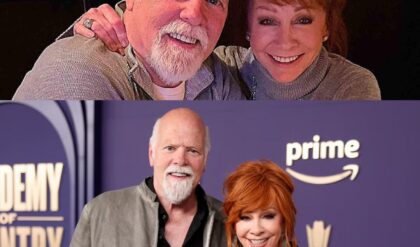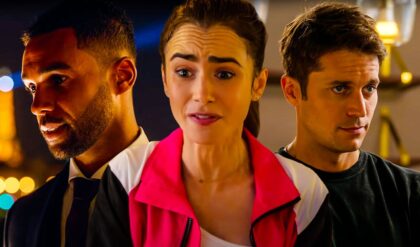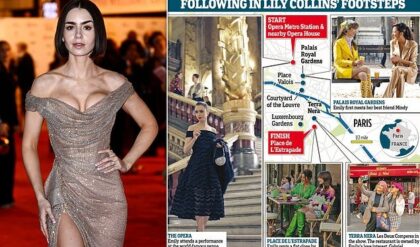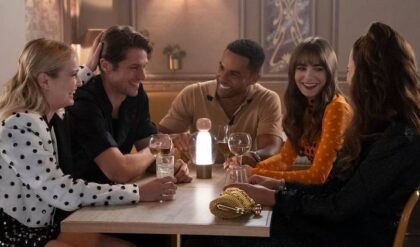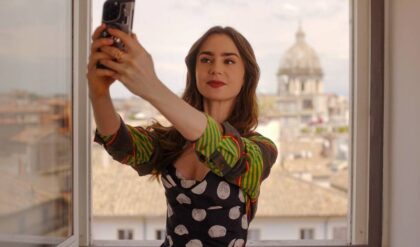Thanks to his lightning-quick ascendency in the 1990s, collaborating alongside the likes of Robert De Niro, Juliette Lewis and Johnny Depp, Leonardo DiCaprio became an inspiration for burgeoning actors across the globe. A box-office hit and a critical darling, DiCaprio set himself up for significant success later in his career, with his baby-face good looks and sharp acting style taking him very far in Hollywood.
Indeed, it was precisely because of such acting collaborations that DiCaprio was able to mature so quickly, earning his very first Academy Award nomination for What’s Eating Gilbert Grape in 1994 at the age of just 19. Such may not have been possible had he not worked alongside the two-time Oscar winner in De Niro months earlier, with the latter having a major impact on his acting education.
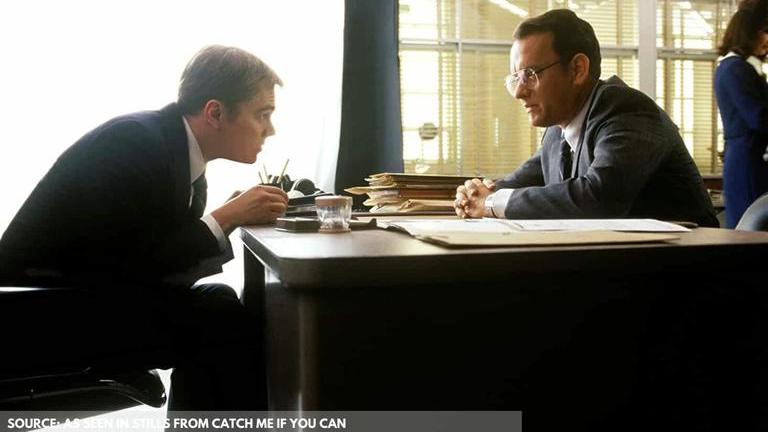
Indeed, it was precisely because of such acting collaborations that DiCaprio was able to mature so quickly, earning his very first Academy Award nomination for What’s Eating Gilbert Grape in 1994 at the age of just 19. Such may not have been possible had he not worked alongside the two-time Oscar winner in De Niro months earlier, with the latter having a major impact on his acting education.“I was 15 years old, and I remember every single detail,” DiCaprio recalled about the tough love he received from De Niro on the set of the film. Continuing, he added, “Everything was so new to me. Watching Robert De Niro on set, seeing his dedication, was one of the most influential experiences of my life”.
Giving him a “culture shock” of how a good actor holds himself on set and in front of the camera, DiCaprio considered his collaboration with De Niro invaluable, using his advice on every single one of his following movies. Such was, indeed, noticed by the greatest filmmakers of the era, too, with the likes of James Cameron, Martin Scorsese and Steven Spielberg each casting him in their respective turn-of-the-millennium classics.
For Spielberg, this was 2002’s Catch Me If You Can, which may still remain his greatest film of the 21st century to date. DiCaprio was cast in the lead role of real-life fraudster Frank Abagnale Jr., a criminal who used his suave charm to get him into any job he wished for, while Tom Hanks played Carl Hanratty, the law enforcement officer doggedly pursuing him across the country.
Clearly a sponge for acting knowledge and expertise, DiCaprio found Hanks’ influence incomparable, calling him “a consummate professional” in an interview with Hollywood. “Tom is very much a role model for me because he is able to just refine what he does,” he added, explaining: “He has such a passion and exuberance for the work. I don’t want to get cynical about what I do; I don’t ever want to lose that spirit. So he was a great example about how to retain all that even when you’re at the upper echelons of this business”.
To date, Catch Me If You Can is the only film the pair have starred in together, with both actors giving some of their career-best performances in the snappy drama. Surprisingly though, neither of them received acting nominations at the Oscars for their efforts, with only the supporting actor Christopher Walken being given the distinguished nod.
Take a look at a clip of DiCaprio acting alongside Hanks from an iconic clip of Catch Me If You Can below.
